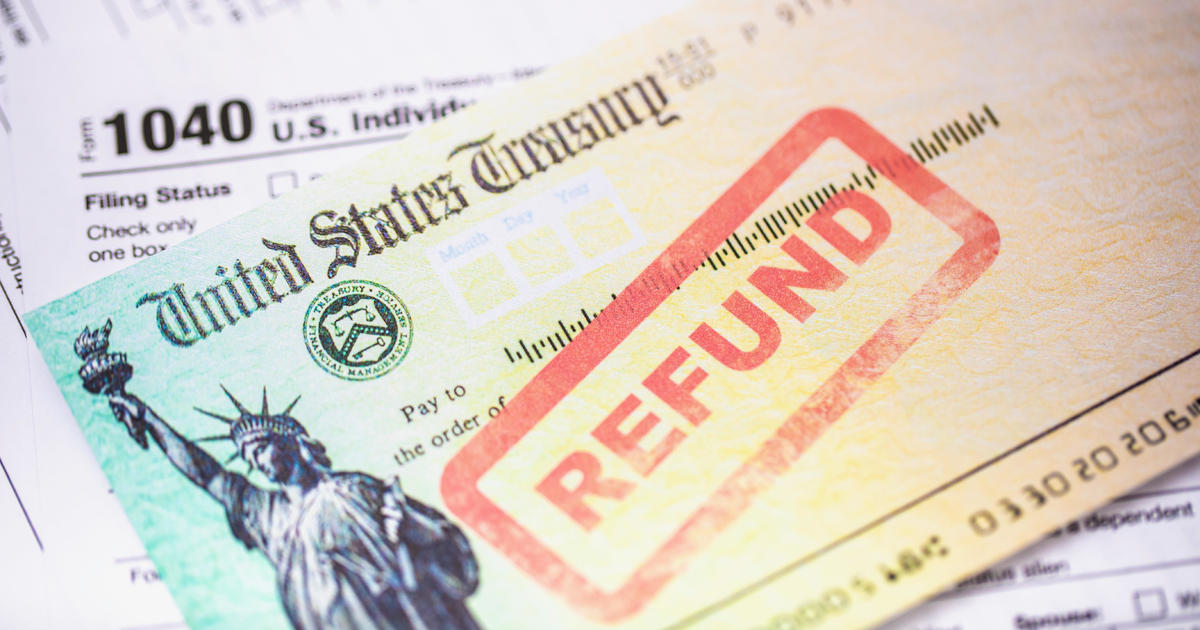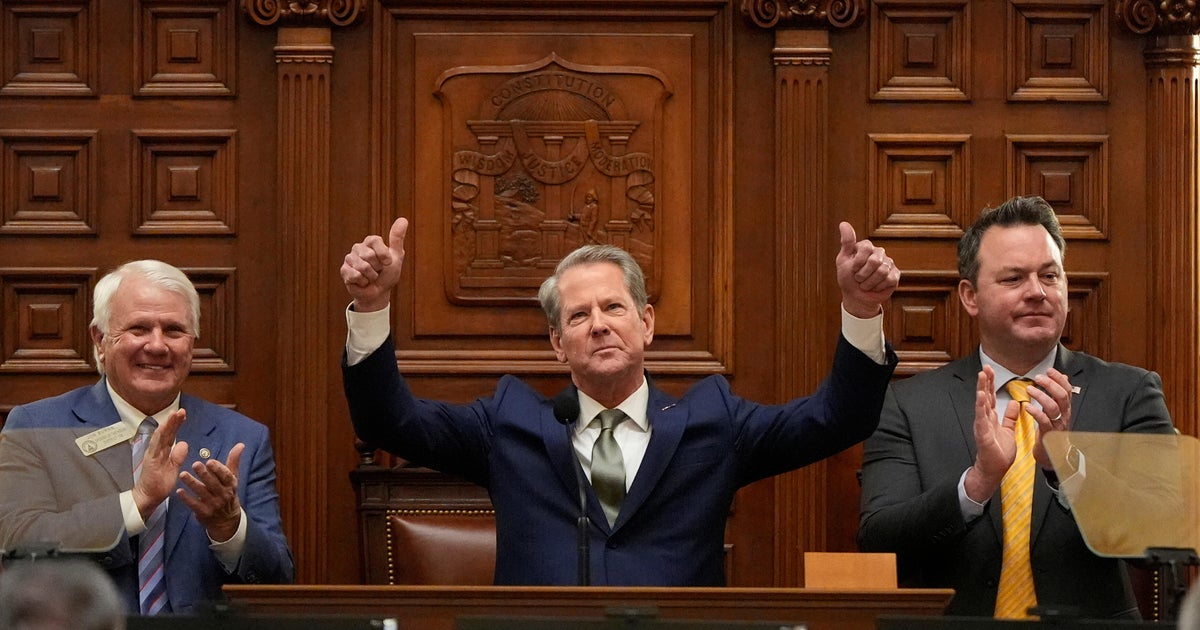Yes, money can buy happiness — the more wealth you have, the happier you get, research finds.
If you want to know the secret to achieving happiness, the answer might be found in your bank account — as long as it's extremely well-funded.
The link between happiness and money is getting a fresh look from economists and scientists, with new research finding multimillionaires are much happier than the merely well-to-do. In other words, the new study, from University of Pennsylvania's Wharton School senior fellow Matthew Killingsworth, indicates that the more money you have, the happier you are — and there may be no ceiling.
Killingsworth's latest research builds on his 2023 study that debunked a much-cited 2010 analysis claiming people's happiness peaked at about $75,000 in annual income, or about $110,000 in today's inflation-adjusted dollars. That 2023 research found that happiness does improve with higher earnings, but because the researchers lacked data for people earning above $500,000, it was unclear whether happiness topped out at that income.
Now, Killingsworth has found that happiness rises to even higher levels for the extremely rich, or those with assets between $3 million to $7.9 million, with their life satisfaction far exceeding that of people with mere six figure incomes. The implication is happiness continues to rise alongside one's bank account, with no clear upper limit.
"The money-happiness curve continues rising well beyond $500,000 a year," Killingsworth told CBS MoneyWatch in an email. "I think a big part of what's happening is that when people have more money, they have more control over their lives."
He added, "I suspect it's much more fundamental and psychologically deeper than simply buying more stuff."
The happiness scale
The new research is based on surveys that asked people to rate their life satisfaction from 1 to 7, with the lower end representing "not at all" happy to the top number indicating "extremely" satisfied. Low-income people earning about $30,000 or less gave their lives an average rating of about 4, while people earning about $500,000 rated their lives above 5.
But multimillionaires gave their life satisfaction an average rating closer to 6.
One question raised by the new research is whether wealth has a different impact on happiness than income. Wealth, for instance, may allow people to invest in themselves and their families, such as providing the means to fund children's college educations or buy a bigger home in a better school district.
To be sure, a high income can also help with achieving those goals, but research indicates top earners aren't immune from feeling financially stressed. For instance, one-third of people earning more than $150,000 say they are concerned about making ends meet, a higher share than those earning between $40,000 to $149,999, according to an April survey from the Federal Reserve Bank of Philadelphia.
"How wealth and income combine to explain why the wealthy people were so much happier is an open question. I'd guess that having wealth is helpful, but I can't say for sure," Killingsworth said.
Whether happiness might eventually plateau at some level of wealth or income is "hard to say," although he said he's working on additional analyses to examine that issue, he added.
Happiness and the 99%
But whether billionaires, for instance, could be even happier than multimillionaires isn't the important takeaway from his research, Killingsworth noted, pointing out that the share of people in the U.S. whose wealth exceeds those in his analysis is "pretty small."
"At some point, whether 0.1% versus 0.3% of people might be beyond some threshold becomes relevant only for a pretty small set of people, so I think showing the pattern I find here tells us a lot of what we should care about," he noted.
Most Americans earn salaries linked with lower life satisfaction, given that the U.S. median annual income stands at about $75,000. To crack the top 1% of earners in the U.S. one must earn an annual income 10 times that, about $788,000.
"It certainly doesn't look like half the population is already beyond the point where more money stops mattering, for example," Killingsworth pointed out. That could matter for policymakers who want to improve their citizens' well-being, since the research suggests there could be "huge ROI" by helping improve the financial situations of people with low incomes, he noted.
"A given amount of money appears to yield a lot more happiness for people who have less money to begin with," Killingsworth said. "Economic trends in the U.S. seems to be moving in the opposite direction — the poorest folks have gained the least in recent decades, and the richest folks have gained the most."
Is money necessary for happiness?
Absolutely not, Killingsworth said.
"One important point that isn't obvious from this paper by itself is that money is just one of many things that matter for happiness," he said. "So, I think it's important for everyone – policy makers, executives, and regular people – to keep in mind that so many things matter besides money."
And focusing solely on making money while ignoring other issues could create more harm than good, he added. Connections with friends and family may matter more to happiness, for example, given that Americans say these provide them with more meaning than material well-being, Pew Research Center has found
"It's entirely possible to be rich and miserable or poor and happy," Killingsworth noted. "The main reason is simply that lots of things matter for happiness besides money."
He added, "But, all else equal, people tend to be happier the more money they have."







